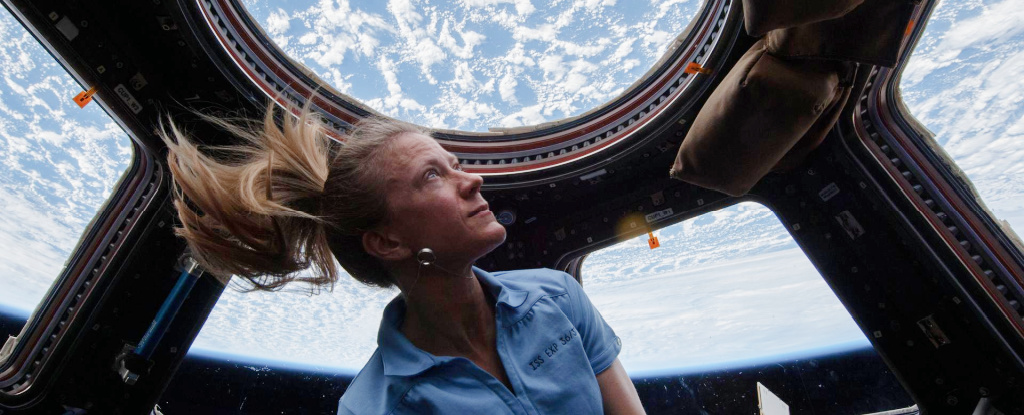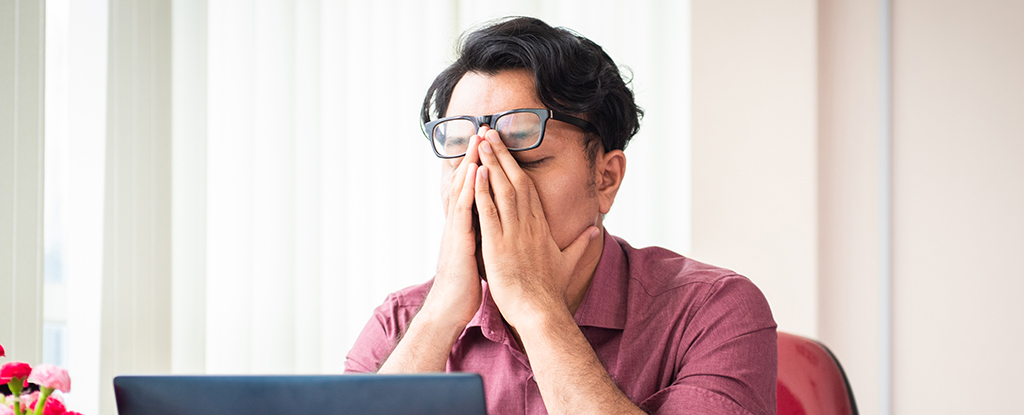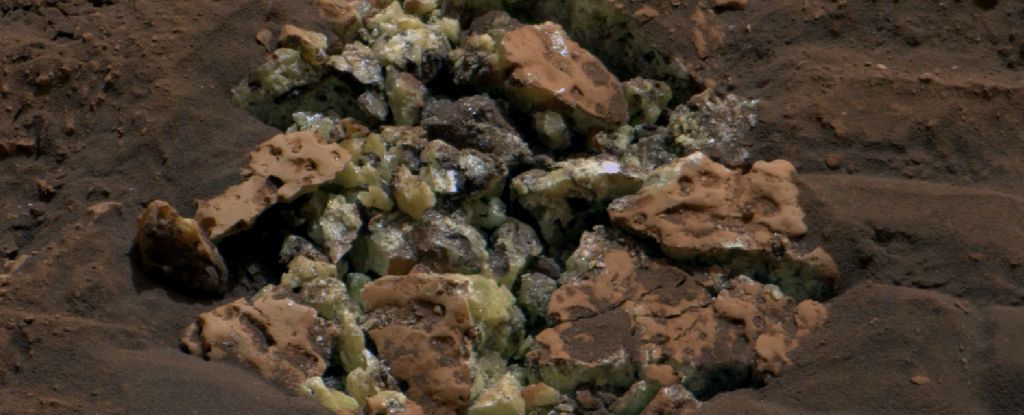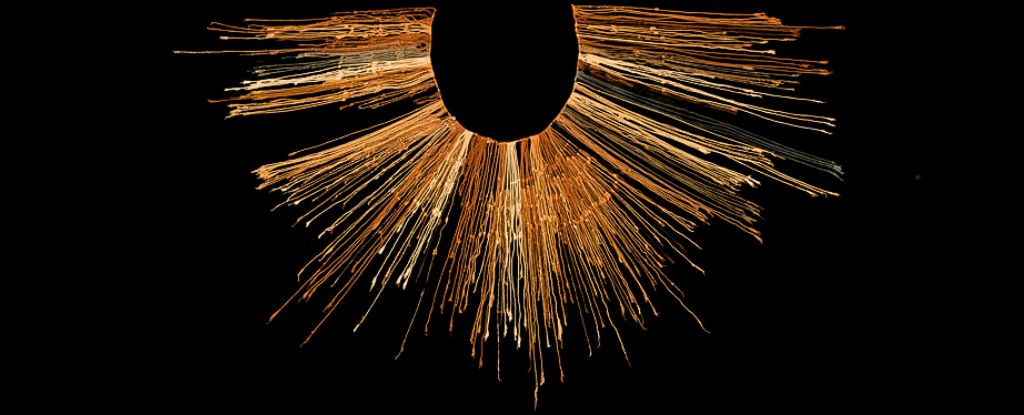Grounded on Earth, even the most uncoordinated humans can easily sense where our limbs are flapping about and if we’re moving, falling or sitting upright with the inputs from a few handy bodily systems. But take away gravity, pop on a virtual reality headset, or sit in a moving car, and things get a little woozy.
Luckily, astronauts are pretty darn deft at adapting to microgravity when stationed aboard orbiting spacecraft. A new study has found no apparent changes in people’s ability to gauge movement while they’re in space or after they touch back down.
The near-absence of gravity alters astronauts’ motion perception such that they feel like they’re moving faster than they really are when zipping around their cramped, weightless quarters. And yet they can still accurately judge how far they’ve traveled down a hallway in visual simulations, during and after spaceflight, the study found.
“Based on our findings it seems as though humans are surprisingly able to compensate adequately for the lack of an Earth-normal environment using vision,” says Laurence Harris, sensory physiologist at York University in Toronto and senior author of the study.
One way our bodies determine changes in position is through the swishing and swashing of fluids contained inside several looping channels deep inside each ear. Know as the vestibular system, it provides us with a perception of acceleration, tilt, and rotation.
In space, microgravity disrupts the vestibular system by removing some of the information it would normally process: gravity’s constant pull on Earth that tells us which way is up.
It’s thought that this disruption can be mimicked on Earth by asking people to lie down, either on their back or side. In those horizontal positions, the fluids in those channels provides isn’t quite as accurate in measuring positions.
Usually, the vestibular system works in tandem with the visual system to sense how far, how fast, and in which direction we’ve traveled. But in orbit, astronauts have less ‘load’ on tiny particles that swoosh about in the inner ear’s fluids and may become more sensitive to visual information in compensation.
Harris and colleagues wondered how this might impact astronauts’ perception of distance traveled in a visual simulation, during and after extended spaceflight, and if changes in body posture had a similar effect.
The researchers tested a dozen astronauts – six men and six women – before, during, and after their year-long missions to the International Space Station (ISS), and compared their performance to 20 Earth-bound controls.
Before they departed and on their return to Earth, astronauts were tested sitting upright and lying on their backs; in space, they were floating freely but strapped to a backrest.
The health impacts of spaceflight are a huge focus of space missions, particularly as space agencies such as NASA and countries such as China gear up to send astronauts to Mars.
Shortly after spaceflight, astronauts slightly overestimated distance in the visual task when lying down compared to sitting upright before their mission, although those differences later disappeared.
On average, however, the astronauts’ perception of distance traveled down a virtual hallway did not change significantly during their time in space, nor one week or 85 days after their return. This is similar to previous findings from Harris and colleagues that suggest astronauts have no trouble orientating themselves in space.
This is good news for emergency situations when astronauts need to move quickly through the ISS to locate equipment or reach escape hatches, the researchers say.
It was “very reassuring” to find that astronauts could gauge “quite precisely” how far they had moved through virtual spaces after just a few days or even months in orbit, says Harris.
Of course, this is a small study of a few highly trained individuals and more research is required to better understand what role the vestibular system plays in estimating forward motion and if gravity warps perception in other ways.
The study has been published in npj Microgravity.





